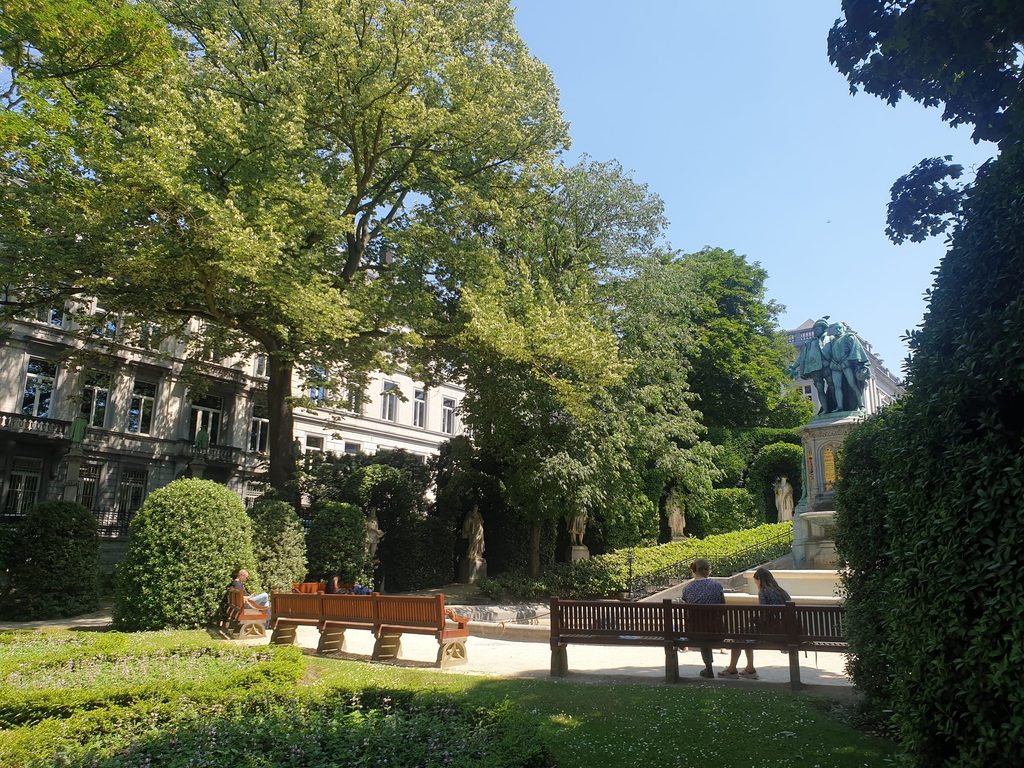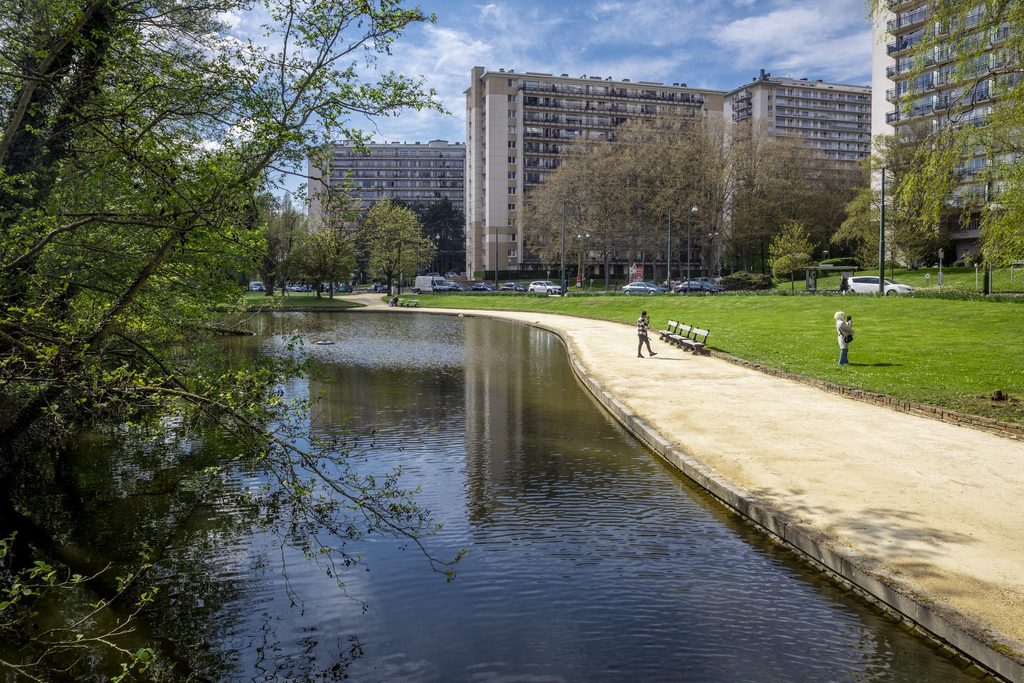Comparing it to the city of several decades ago, Brussels has undergone quite a transformation in recent years with greener spaces and fewer cars. While more improvements are always possible, it has become somewhat of a model city for change.
This week, 160 mayors from cities across the world are taking part in the Brussels Urban Summit, which convenes three major city conferences to discuss urban challenges and possible solutions. Aside from this historic opportunity to share knowledge among cities, it is also an opportunity to boost Brussels' reputation, the State Secretary for Urbanism Pascal Smet said.
"The fact we managed to ensure three very important organisations could host their congresses at the same time, which has never happened before in the history of the city alliances, marks an important occasion to confirm our position as an international diplomatic city, not just in the European Union, but on a global level too," he told The Brussels Times.
"However, it is also a unique opportunity to showcase Brussels' transformation and how it has become a model city," he added.
Discovering a more pleasant city
The Belgian capital was once considered Europe's concrete jungle, the result of the damaging, top-down, urban planning policies, including as part of the Manhattan Project. Many schemes have sought to make Brussels a prosperous region, but instead chased away its original inhabitants, destroyed grand boulevards and, more generally, made the city uninhabitable.
Around the turn of the century, policymakers in the region saw the need to transform the city from one organised around cars, to one centring people. "This is something we heard from many of the summit's participants who came here years ago to visit, and who now suddenly discovered a different and very pleasant city," Smet said.

Cycle path in Brussels Belgium. Credit: Belga
While he agreed that there are still many issues and the city remains far from perfect — it was no coincidence Smet started his summit opening speech with the sentence "Brussels is perfectly imperfect."
Smet argued that many of the cities hosted by Brussels have a lot to learn from the changes in recent years, by making the city more accessible for cyclists and pedestrians to the progress around circular and passive building.
Many of these transformative measures have been concretised by Smet's Good Living policy, which has considerably changed the government's approach to regional planning regulations. The plan clearly setting out how the public and private space should be designed to guarantee the habitability of the city.
"We presented this plan to the participants and it received enormous support, with many mayors stating they really believed that that is the path to the future. So in that sense, I think it is safe to say we are leading the way."
Taking and giving
Smet did not shy away from Belgium also having a lot to learn from other cities to make further improvements and tackle existing challenges. "We are going to discover in the coming days just what we can learn," he noted.

Brussels has become a greener, quieter city in recent years. Credit: The Brussels Times/ Lauren Walker
In his eyes, the government is mainly floundering when it comes to showing clear leadership and not making the region's governance too complicated, while a more planned approach to changes and solving problems in the city are both aspects in which growth is needed.
Related News
- New 'metropolitan' park to connect centre of Brussels with canal district
- A greener and fairer Brussels: Citizens share vision for city with government
One thing that has already become abundantly clear since the summit's start is that, in all kinds of cities – whether big or small, located in Africa, Asia, America or Europe – the challenges faced by local governments are very often the same.
"From that aspect, this is the perfect opportunity for us to show how things can be done right, but also to be humble and learn," Smet concluded.

